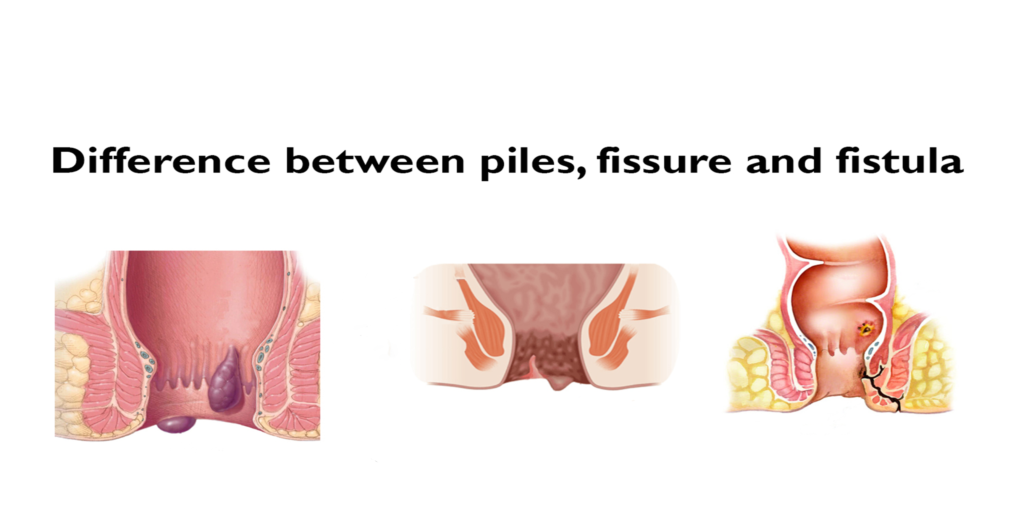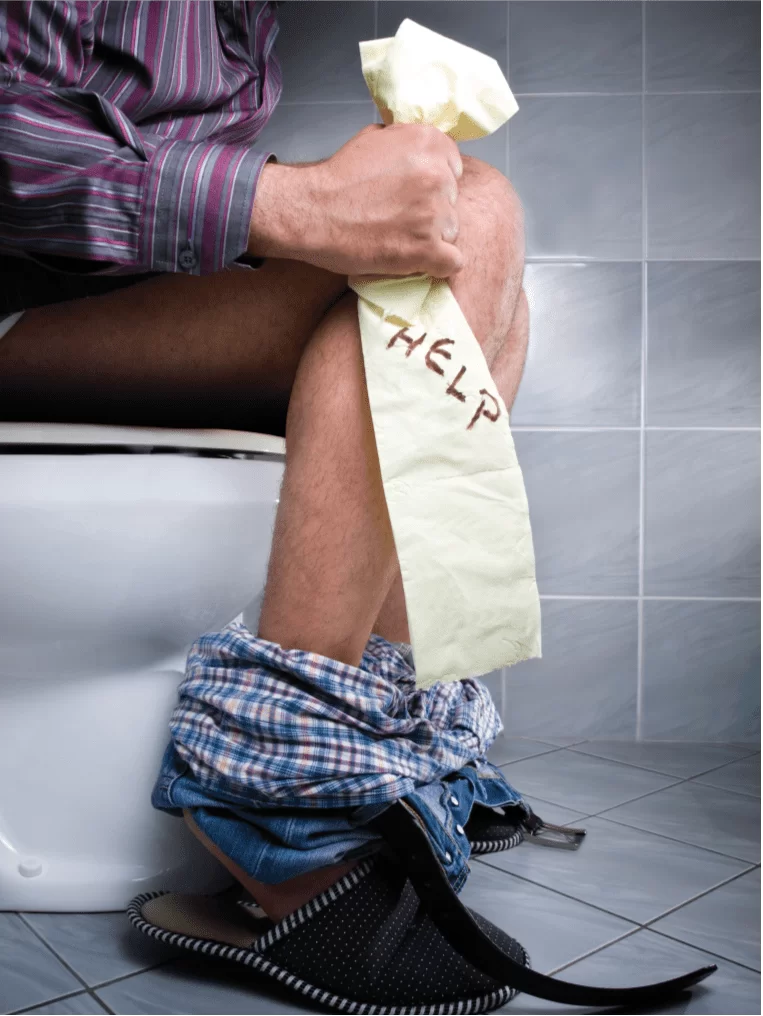Introduction:
Welcome to our comprehensive guide on anorectal diseases, a topic that often remains shrouded in silence and discomfort. Anorectal diseases refer to a range of medical conditions affecting the anus and rectum, and they can cause significant discomfort and distress for those who suffer from them. Despite the sensitive nature of these conditions, it’s essential to shed light on them and promote awareness to encourage timely diagnosis, treatment, and better overall healthcare.
In this post, we’ll provide an overview of some common anorectal diseases, their symptoms, causes, risk factors, and treatment options. It’s important to remember that this article is for informational purposes only and should not replace professional medical advice. If you suspect you or someone you know may have an anorectal disease, please seek the guidance of a qualified healthcare professional for a proper evaluation and personalized care.

1. Piles/Hemorrhoids:
Hemorrhoids/Piles are one of the most prevalent anorectal diseases, affecting millions of people worldwide. These are swollen and inflamed veins in the rectum and anus that can cause pain, itching, and bleeding. They are often classified into internal and external hemorrhoids, depending on their location.

Causes: The most common cause of hemorrhoids is increased pressure in the rectal area, often due to straining during bowel movements, chronic constipation, or prolonged sitting.
Symptoms: Symptoms of hemorrhoids include rectal bleeding during bowel movements, itching or irritation in the anal region, pain or discomfort, and a lump or swelling around the anus.
Treatment: Mild cases can often be managed with lifestyle changes, such as dietary adjustments, increasing fiber intake, and maintaining good bowel habits. More severe cases may require medical interventions, such as topical treatments, rubber band ligation, sclerotherapy, or surgery.
2. Anal Fissures:
Anal fissures are small tears or cracks in the lining of the anus, which can cause sharp pain and discomfort, especially during bowel movements.
Causes: Anal fissures are often the result of trauma to the anal canal due to hard or large stools, frequent diarrhea, or childbirth.
Symptoms: The primary symptom of anal fissures is intense pain and burning during and after bowel movements. Additionally, there may be bright red blood on the toilet paper or in the stool.
Treatment: Most anal fissures heal on their own with home care, such as warm baths, fiber supplements, and topical ointments. However, chronic or severe cases may require medical treatments like botox injections, nitroglycerin cream, or surgical intervention.
3. Anal Abscess and Fistula:

Anal abscesses are painful, swollen, and pus-filled cavities near the anus, while anal fistulas are narrow tunnels that form between the abscess and the skin surrounding the anus.
Causes: Anal abscesses typically occur due to infection in the anal glands, whereas fistulas form as a result of untreated or inadequately drained abscesses.
Symptoms: Symptoms of anal abscesses include severe pain, swelling, redness, and fever. Fistulas can cause persistent drainage of pus or fecal matter near the anus.
Treatment: Treatment involves draining the abscess through minor surgery and managing the infection. Fistulas usually require surgical intervention to heal properly.
Conclusion:
Understanding anorectal diseases is the first step towards early detection and appropriate management. If you or someone you know experiences any symptoms related to anorectal conditions, don’t hesitate to seek medical attention. Remember, a timely diagnosis and appropriate treatment can significantly improve your quality of life and prevent potential complications. Stay informed, prioritize your health, and don’t hesitate to reach out to a healthcare professional for expert advice and care.
